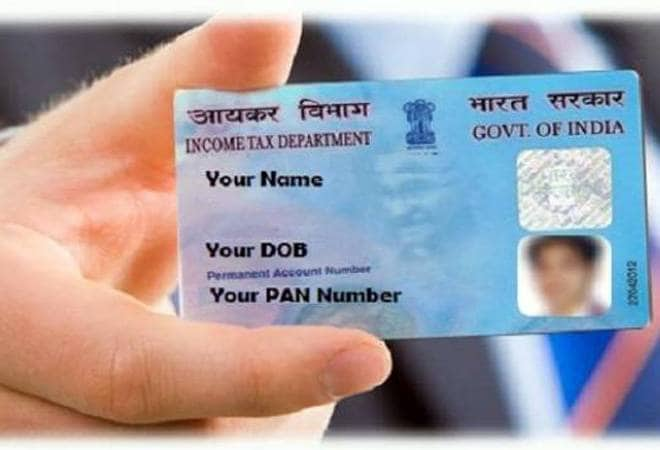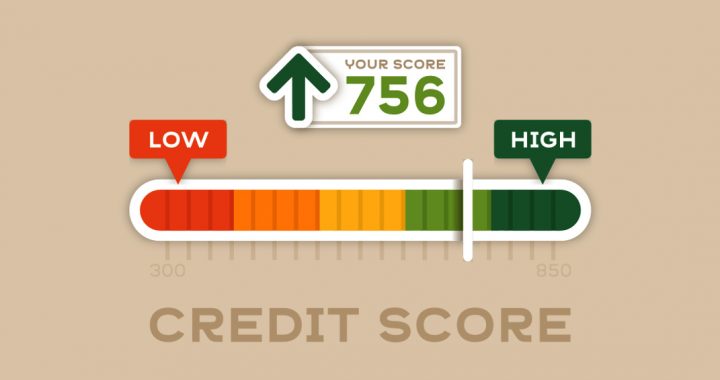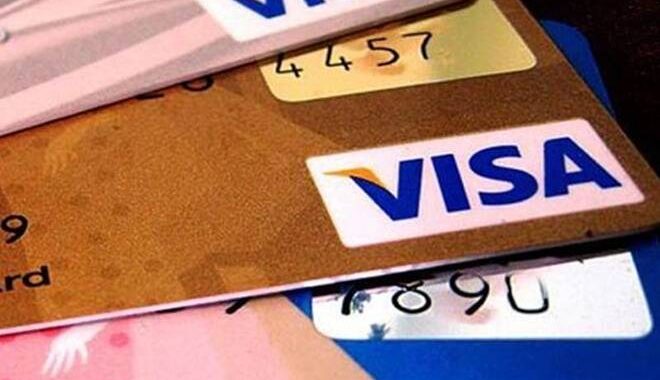Why PAN Card is so important?
4 min readPermanent Account Number or PAN is a unique alphanumeric 10-digit number allotted to every taxpayer by the Income Tax department under the supervision of CBDT – Central Board of Direct Taxes. Also serving as an Identity Proof, PAN is mandatory for financial transactions such as opening an account, receiving a taxable salary, professional fees, sale or purchase of movable and immovable assets, etc.

The Primary Objective of Permanent Account Number (PAN) is to have a Universal Tracking ID to track all financial transactions that might be taxable. PAN is not affected by the change in address throughout the country.
Who must apply for PAN?
- Anyone having a taxable income in India, also foreign nationals paying taxes here.
- Any business that has an annual turnover of more than 5 lakh rupees must have a PAN number.
Additional Reading: Looking to start a Business? Here’s a Fundraising Guide!
How to Apply?
PAN Allotment rights in India are vested with two companies National Securities Depository Limited and UTI Infrastructure Technology and Services Limited by the Income-tax Department. PAN can be applied by both Online and Offline Means.
To apply Offline, visit Income tax, NSDL or UTIITSL website to locate their office in your city. There is also an online facility to apply for PAN on NSDL and UTIITSL Websites by filling Form 49A or 49AA. The Processing fee for PAN Application is Rs.107/- (Inclusive of GST). You can pay the processing fees using Netbanking, Debit Card, UPI, Credit Card, etc (if applying online) or through Cash (if applying in the local offices).
Why PAN Card is needed?
- To file income tax returns
- To avoid deduction of tax at a higher rate than due
- To enter into a specific transaction such as:
- Sale or purchase of immovable property valued at Rs 5 lakh or more.
- Sale or purchase of a vehicle other than a two-wheeler.
- Payment to hotels or restaurants an amount exceeding Rs 25,000 at any one time.
- Payment in cash an amount exceeding Rs 25,000 in connection with travel to any foreign country.
- Payment of an amount of Rs 50,000 or more to the Reserve Bank of India for acquiring bonds.
- Payment of an amount of Rs 50,000 or more to a company or an institution for acquiring bonds or debentures.
- Payment of an amount of Rs 50,000 or more to a company for acquiring shares.
- Any mutual fund purchase.
- Deposit exceeding Rs 50,000 with any single banking institution in 24 hours.
- Payment exceeding Rs 5 lakh for purchase of bullion and jewelry.
Source: Income Tax Department, Govt. of India






